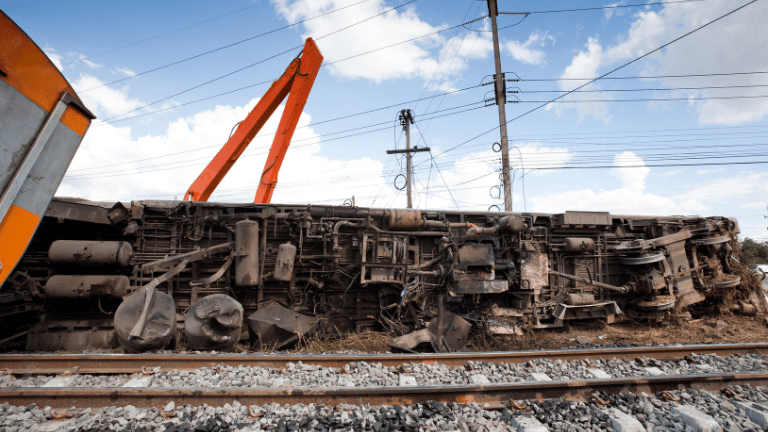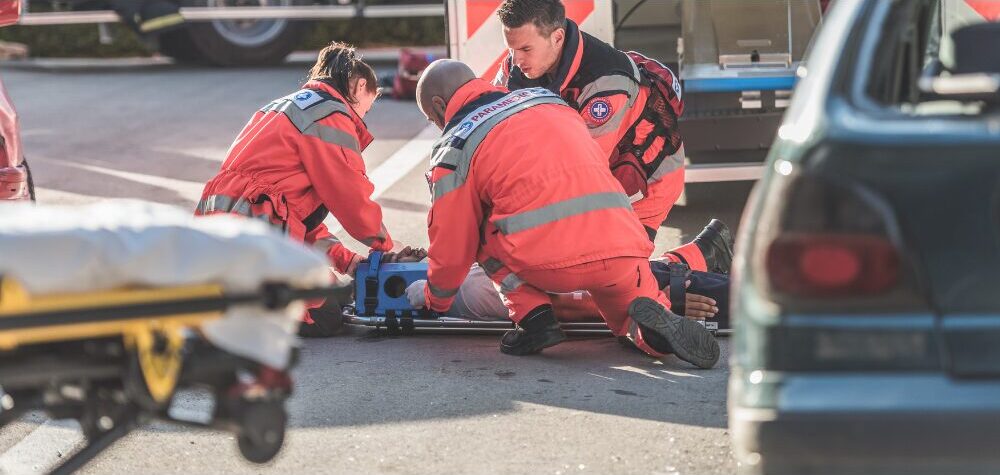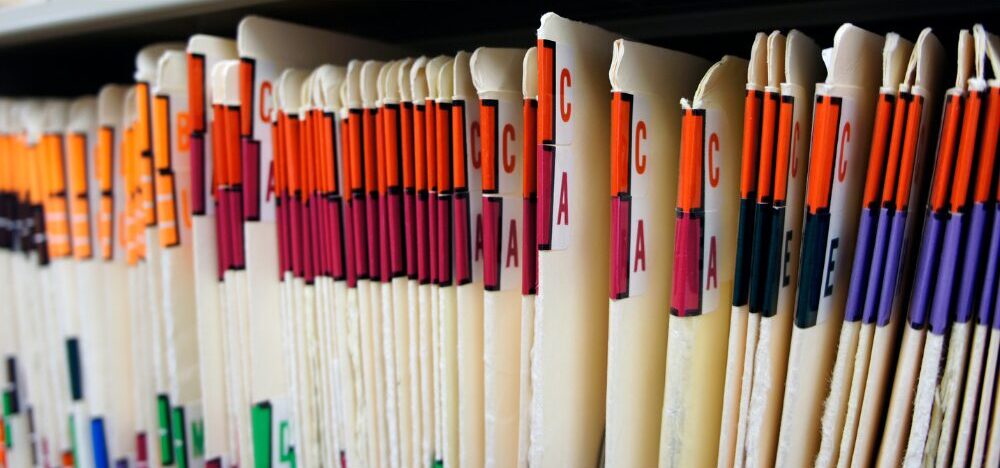
Introduction
The Seattle Times reported that a train derailed on the Swinomish Reservation after leaving a nearby oil refinery in the early morning on Thursday. Of the two train cars that were toppled in the derailment, which both contained diesel fuel and lube oil, one has been confirmed to have leaked fuel and the status of the other remains in question.
What do we know so far?
Unfortunately, not much. Though the train’s oil cars were thought to be empty when they left the refinery, the spill that occurred confirms that this wasn’t the case. If full, the cars that derailed could contain as much as 3,500 gallons of diesel fuel. As of 11 a.m. this morning, it is still unclear how much fuel the train cars were carrying -- and how much had spilled.
Though the Department of Ecology has reported that they do not believe the first locomotive is leaking fuel, they also suggested that some diesel may be escaping out of the vents for the fuel tanks.
The second locomotive, however, is reported to be spilling both diesel fuel and lube oil.
The reasons for why the train derailed remain unclear at the time of this publication.
What is being done to address these issues?
Since the derailment was reported, the remaining fuel (the quantity of which is still unspecified) has been pumped from the two cars that ended up on their sides.
Multiple additional entities have mobilized to assist with the cleanup and monitor the spill, including:
- US Coast Guard drones and Swinomish Police, who are monitoring the water for any signs of a sheen atop the water that would indicate the presence of oil;
- Swinomish fire crews, who have been called into respond to this derailment;
- A hazardous materials team from another refinery, which has stepped in to provide additional equipment to assist in the cleanup of the spill; and
- Cleanup contractors, who have deployed a boom along the shoreline to prevent any diesel fuel from migrating into the water.
What are the potential environmental implications of this leak?
Fortunately, the direction in which the train derailed caused most of the pollutants leaking from the two engines to seep onto land, and not directly into the water. Though the Department has reported that it has not seen any significant impacts on waterways or groundwater, it has also stated that its goal is to clean up the land spill before the pollutants seep into the soil and contaminate the groundwater.
Were there any injuries?
No injuries have been reported at this juncture, though this derailment is the latest example of a troubling nationwide trend in train accidents – and there’s no knowing which train will be next.
What should I do if I’ve been injured in a train-related accident?
If you or a loved has been involved in a train accident, it is important that you contact an attorney immediately. An experienced personal injury attorney will ensure that measures are taken to preserve evidence, investigate any facts in question, and enable physicians or other experts to thoroughly evaluate any injuries promptly. Personal injury cases resulting from train collisions can be complex, and it is important that injured persons understand the variety of different liability and insurance coverage issues that may apply to their cases.
GLP Attorneys is home to a deep bench of experienced personal injury attorneys who can review the facts of your claim in a free legal consultation. To get in touch with a lawyer who can help today, please call 206.448.1992 or email our attorneys at .
Click here to learn more about our team of personal injury attorneys and their legal practices.


